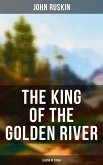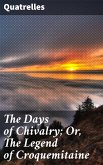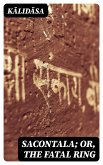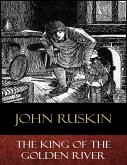In "The King of the Golden River; or, the Black Brothers: A Legend of Stiria," John Ruskin weaves a captivating fairy tale steeped in moral allegory and rich symbolism. Written in a lyrical and ornate style, this novella presents the struggle between good and evil through the fateful encounters of three brothers over a hidden treasure. Set against an ethereal backdrop inspired by the Alpine region of Styria, Ruskin's narrative not only entertains but also serves as a critique of moral greed and the corrupting influence of wealth, embodying the Victorian ethos of social responsibility and the reverence for nature. John Ruskin (1819-1900) was a prominent thinker, art critic, and social theorist whose passionate advocacy for beauty and moral integrity greatly influenced the cultural landscape of 19th-century England. His deep appreciation for the natural world and medieval craftsmanship profoundly informed his writing, leading him to create works that bridge art, morality, and philosophy. Inspired by his travels and his belief in the interconnectedness of humanity and nature, Ruskin crafted this tale to illuminate the consequences of avarice and the virtues of selflessness, which resonate with his broader socio-economic ideals. I highly recommend "The King of the Golden River" for readers seeking a richly allegorical narrative that transcends mere fairy tale conventions. The story offers profound reflections on virtue, love, and the balance between humanity and nature. In this timeless legend, one discovers not only a captivating story but also a moral compass that continues to guide the discussions of ethics and responsibility in modern society.
Dieser Download kann aus rechtlichen Gründen nur mit Rechnungsadresse in A, B, BG, CY, CZ, D, DK, EW, E, FIN, F, GR, H, IRL, I, LT, L, LR, M, NL, PL, P, R, S, SLO, SK ausgeliefert werden.









